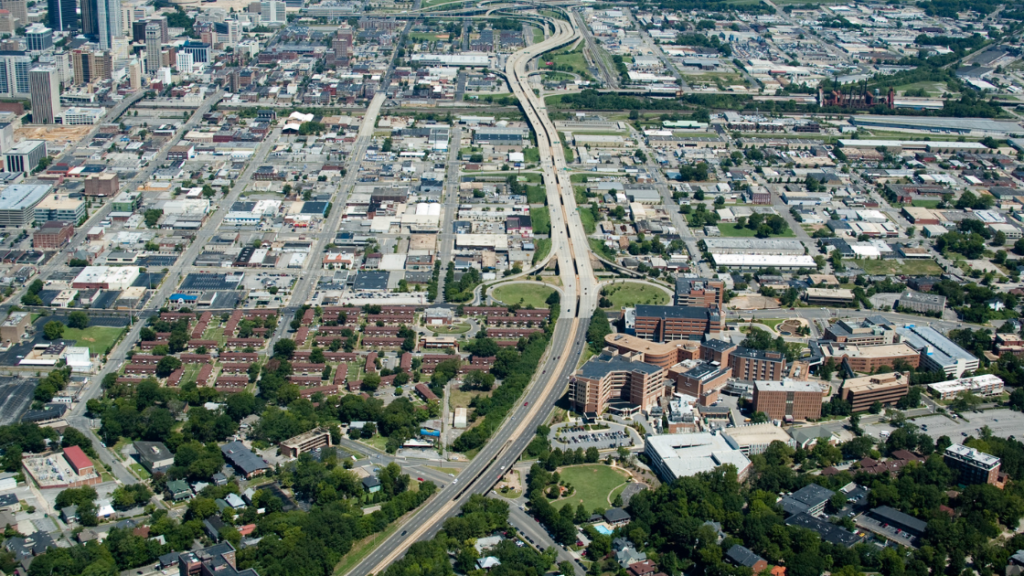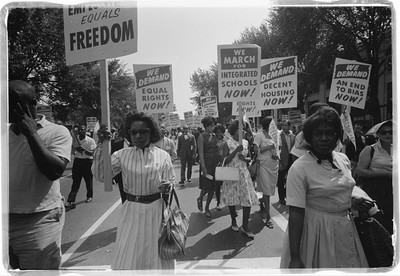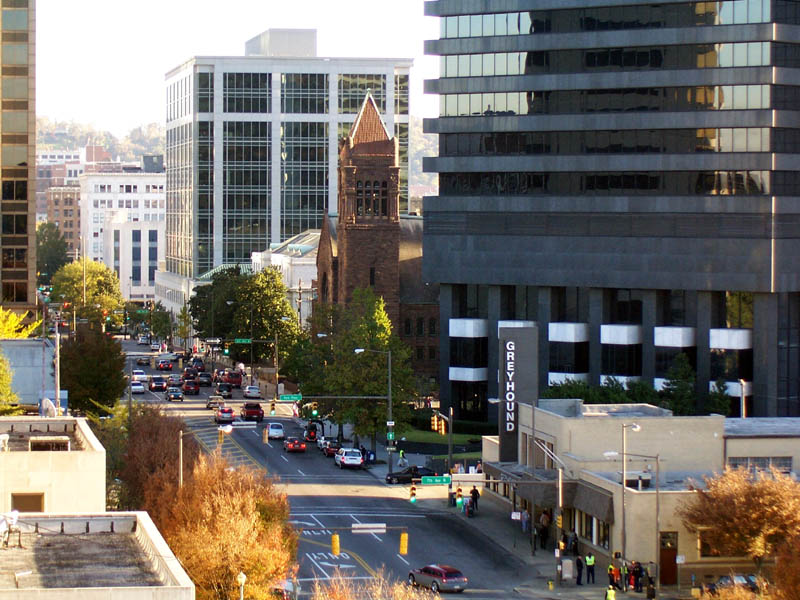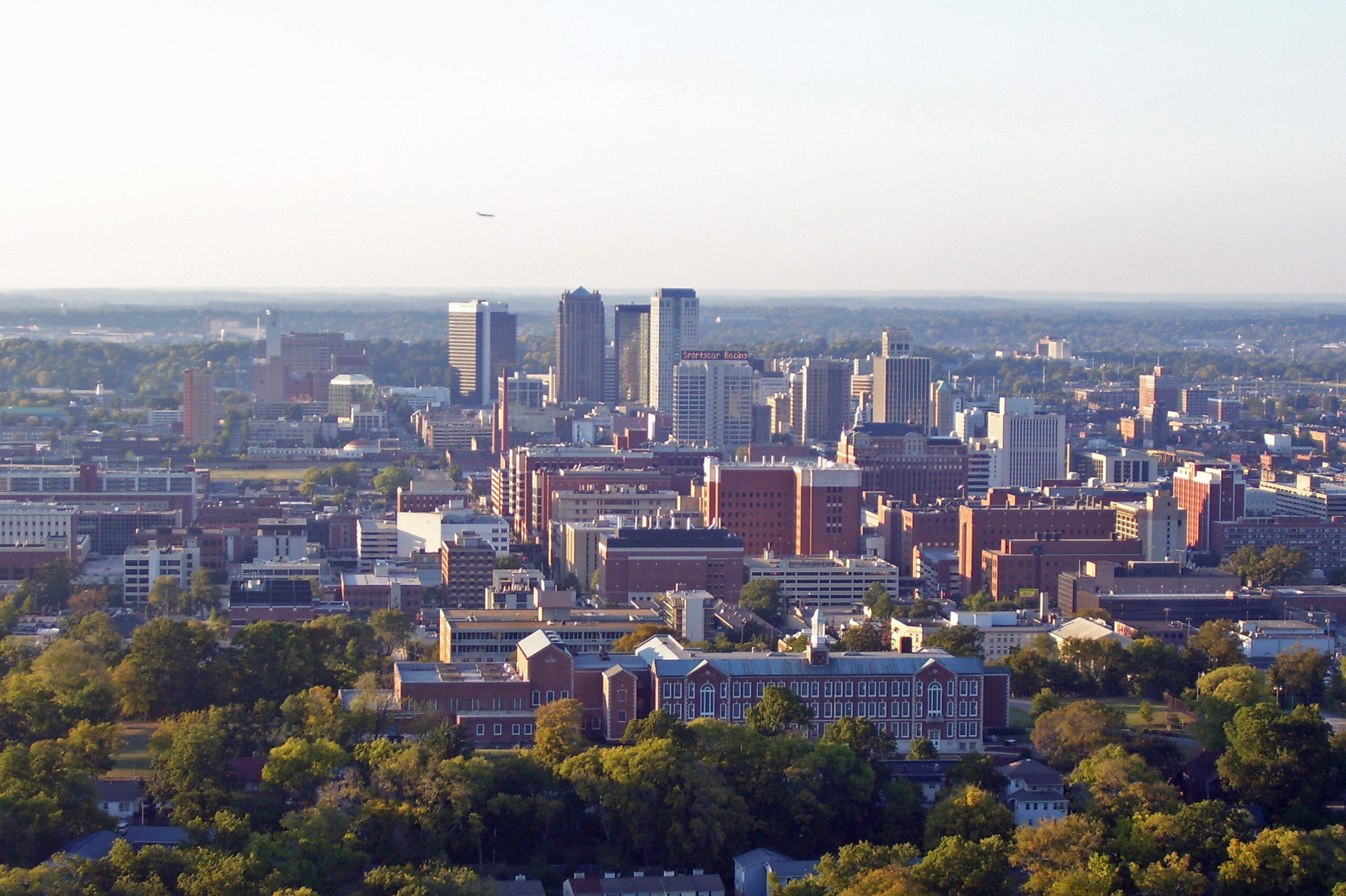
Fall 2025: Catalyzing Economic Mobility through Quality, Affordable, Accessible Child Care
The City of Birmingham aims to catalyze economic mobility for underserved communities by scaling quality, affordable, and accessible child care. The City is pursuing an innovative ecosystem approach that unites families, workers, childcare entrepreneurs, government, and businesses across the region. The FUSE Executive Fellow will implement critical components of the... Read more

Fall 2025: Expanding Affordable Housing through Strategic Development
Birmingham, Alabama, is working to expand high-quality, affordable housing to promote economic mobility and community revitalization. The FUSE Executive Fellow will develop a strategic framework, strengthen partnerships, and implement pilot projects to accelerate housing development through the Magic City Housing Development Corporation. Ultimately, this work will increase housing accessibility, attract... Read more

Catalyzing Innovative Programs and Policy to Restore Food Sovereignty to Birmingham’s Residents
From James Beard award-winning restaurants to the vast Pepper Place Market, where people from across central Alabama convene on weekends to shop for locally grown fruits and vegetables, Birmingham is among the small cities favorited by food lovers and culinary experts across the nation. Unfortunately, not everyone in the city... Read more

Community-Centered Approaches to Expanding Birmingham’s Broadband Infrastructure
In Alabama’s Black Belt, the digital divide has compounded issues related to racial discrimination, high poverty, and limited access to healthcare services. Nine counties in the Black Belt have less than 30% access to broadband, and even in Black Belt cities with established infrastructure, like Birmingham, many residents face cost... Read more

Diversifying Birmingham’s Housing Stock to Accelerate Neighborhood Revitalization
The affordable housing crisis faced by many in America has come to a head with the Covid-19 pandemic. Eviction and foreclosure rates continue to rise as moratoriums expire, and an estimated 30 to 40 million people in the US are at risk of losing their housing in the next several... Read more

Scaling Racial Justice Training and Education through the Birmingham Civil Rights Institute
Established in 1992, the Birmingham Civil Rights Institute (BCRI) is a cultural and educational research center focused on civil rights developments in Birmingham. As national conversations on race and social justice continue to highlight the need for more education, training, and advocacy, BCRI is positioned to serve as a national... Read more

Increasing College Affordability to Ensure More Equitable Opportunities
Students in Birmingham often face a tough path to college and career. While roughly 80 percent of students graduate annually from Birmingham City Schools (BCS), many are experiencing poverty, and only 50 percent advance to post-secondary institutions. In response, the mayor has pledged that any BCS student who graduates will... Read more

Working to Reduce Racial Health Inequities
Birmingham recognizes that social determinants of health — including the built environment of neighborhoods, such as environmental hazards, access to green space, walkability, and more — are major factors in health inequities across the city. To address this, the Department of Planning, Engineering, and Permits developed a Health Community Assessment... Read more
